Nicole Smith, BCC’s Executive Director of MD and DC Programs, is now serving a four-year term on the Board for the Certification of Residential Child Care Program Professionals, or CRCCP. Appointed by Maryland Governor Larry Hogan, Smith was confirmed in February at the Maryland State House by the Executive Nominations Committee.
“Having one of our executives appointed by Governor Hogan to serve is an honor,” BCC President and CEO, Laurie Anne Spagnola, said. “It speaks to Nicole’s dedication and excellent credentials, as well as the reputation of the Board of Child Care as a residential provider.”
The CRCCP Board formed in response to a change in state law that occurred in October of 2015. All childcare professionals are now required to attain a state certification as care providers.
The problem? There was not a licensing body to oversee the professional standards and expectations.
The Board has a mix of private practitioners and representatives from other state agencies, such as the Department of Juvenile Services (DJS), the Department of Human Services (DHS), and the Developmental Disabilities Administration (DDA).
“I’m a direct care practitioner at heart and I believe we need to professionalize the tough work we do day in and day out,” Smith says. “The care for our kids is too important not to be regulated and this allows us to train and educate those who are advocating for and working with our most vulnerable populations.”
Per the new law, BCC staff who had attained enough years of experience could apply for grandfather status for the Residential Child and Youth Care Professional certification.
Instead, BCC elected to set the bar higher.
BCC required its 63 residential childcare staff and supervisors who qualified with grandfather status to complete the coursework anyway. All staff who did not qualify for grandfather status completed the coursework and sat for the state licensing test. BCC’s first time pass rate, well north of 90 percent, compared favorably against the 30 percent pass rate statewide.
“I hope BCC and the protocol we set for the newly-implemented law becomes the standard for other organizations to consider,” said Monte Ephraim, Director of Professional Development and Training. “I am so proud of the trainers we have and of our staff for meeting the challenge and passing their exams at such a high rate. Ultimately, however, it’s all about serving the youth at BCC, and I’m really proud of the best practice standard we are setting here.”
Read more from Smith accepts CRCCP board position from MD Gov. Hogan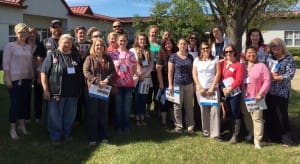
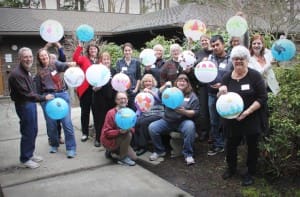

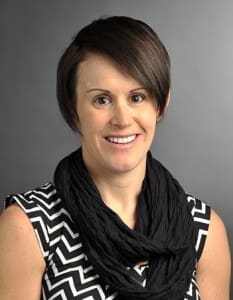
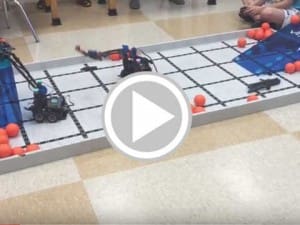
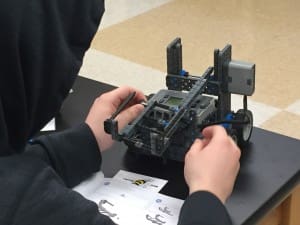
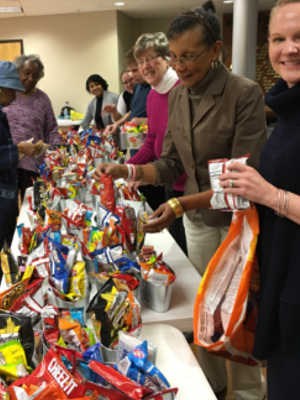

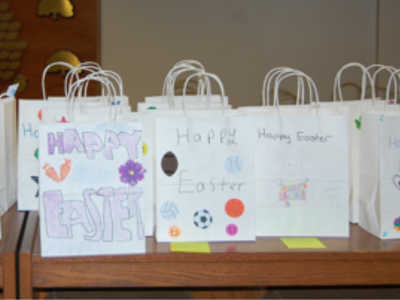
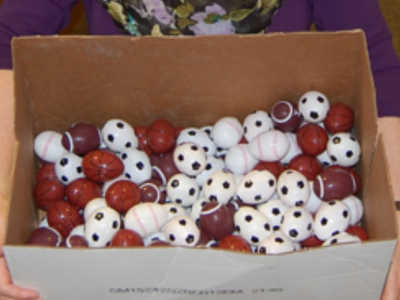
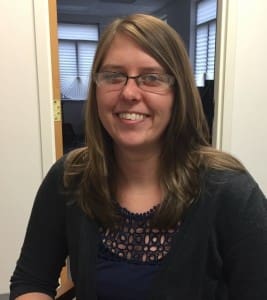
 BCC’s Spiritual Life Team is an integral part of residential programing. In addition to offering more traditional (and optional) religious education and services, they are also in charge of community service, mentoring, and special holiday celebrations for the residents and BCC’s staff.
BCC’s Spiritual Life Team is an integral part of residential programing. In addition to offering more traditional (and optional) religious education and services, they are also in charge of community service, mentoring, and special holiday celebrations for the residents and BCC’s staff.
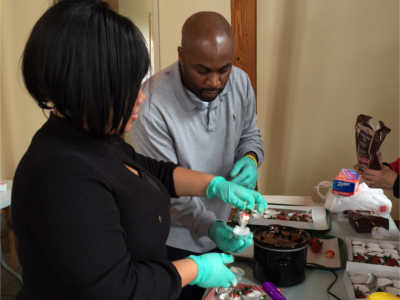 In February, the Spiritual Life team coordinated construction of Valentine’s Day gift boxes by a dozen residential program participants for staff who serve them in the lower campus cottages and upper campus houses.
In February, the Spiritual Life team coordinated construction of Valentine’s Day gift boxes by a dozen residential program participants for staff who serve them in the lower campus cottages and upper campus houses.